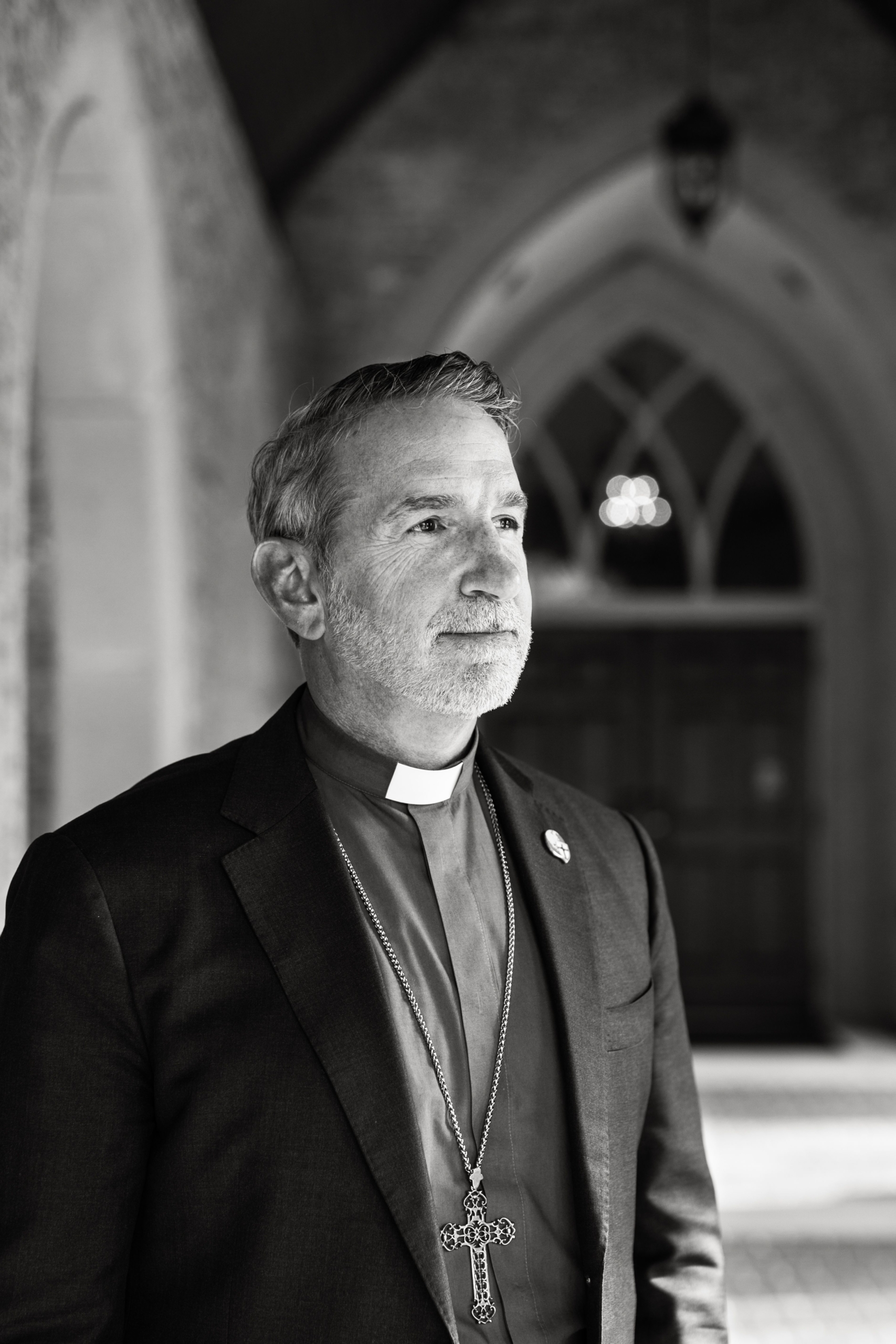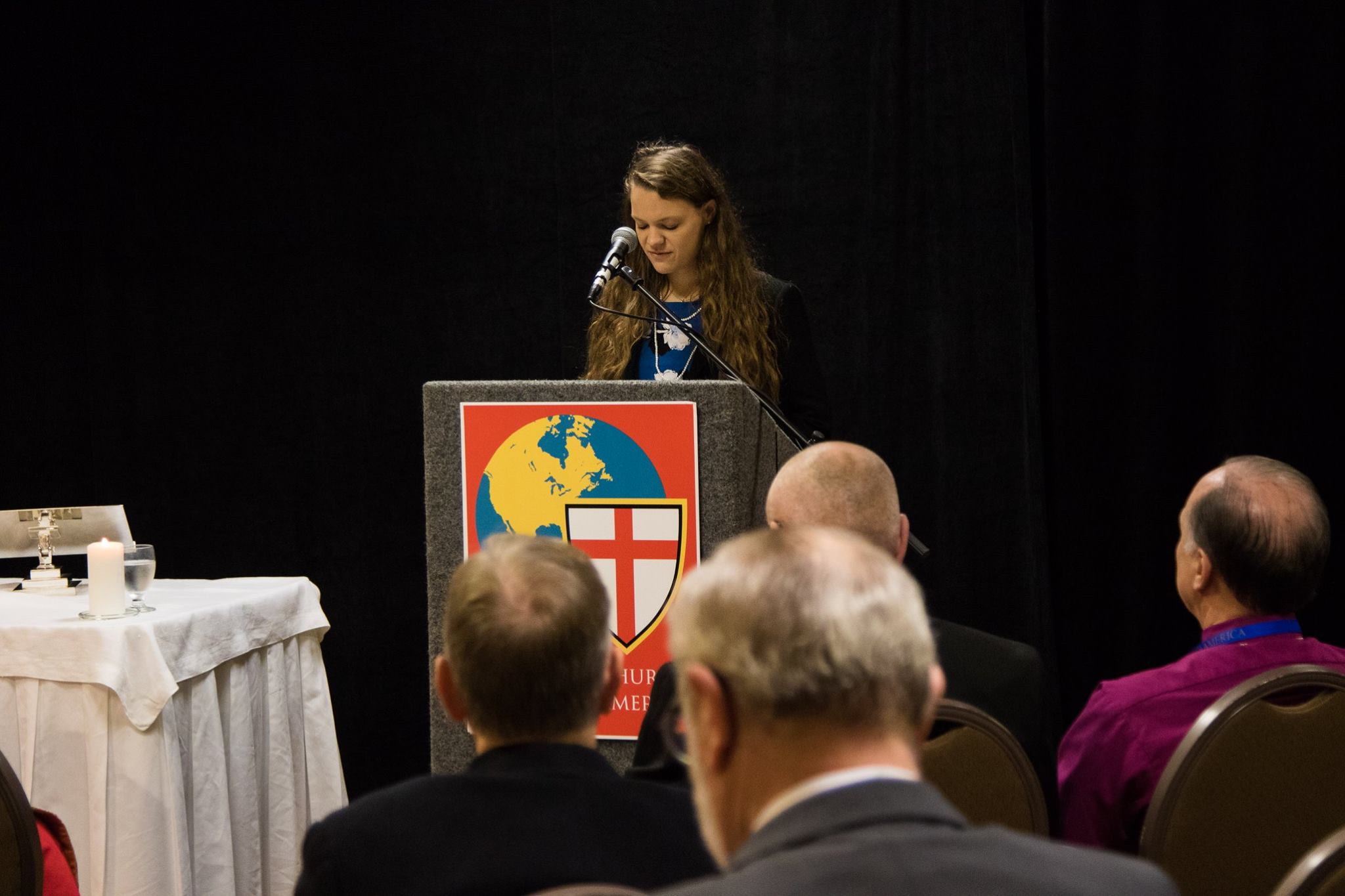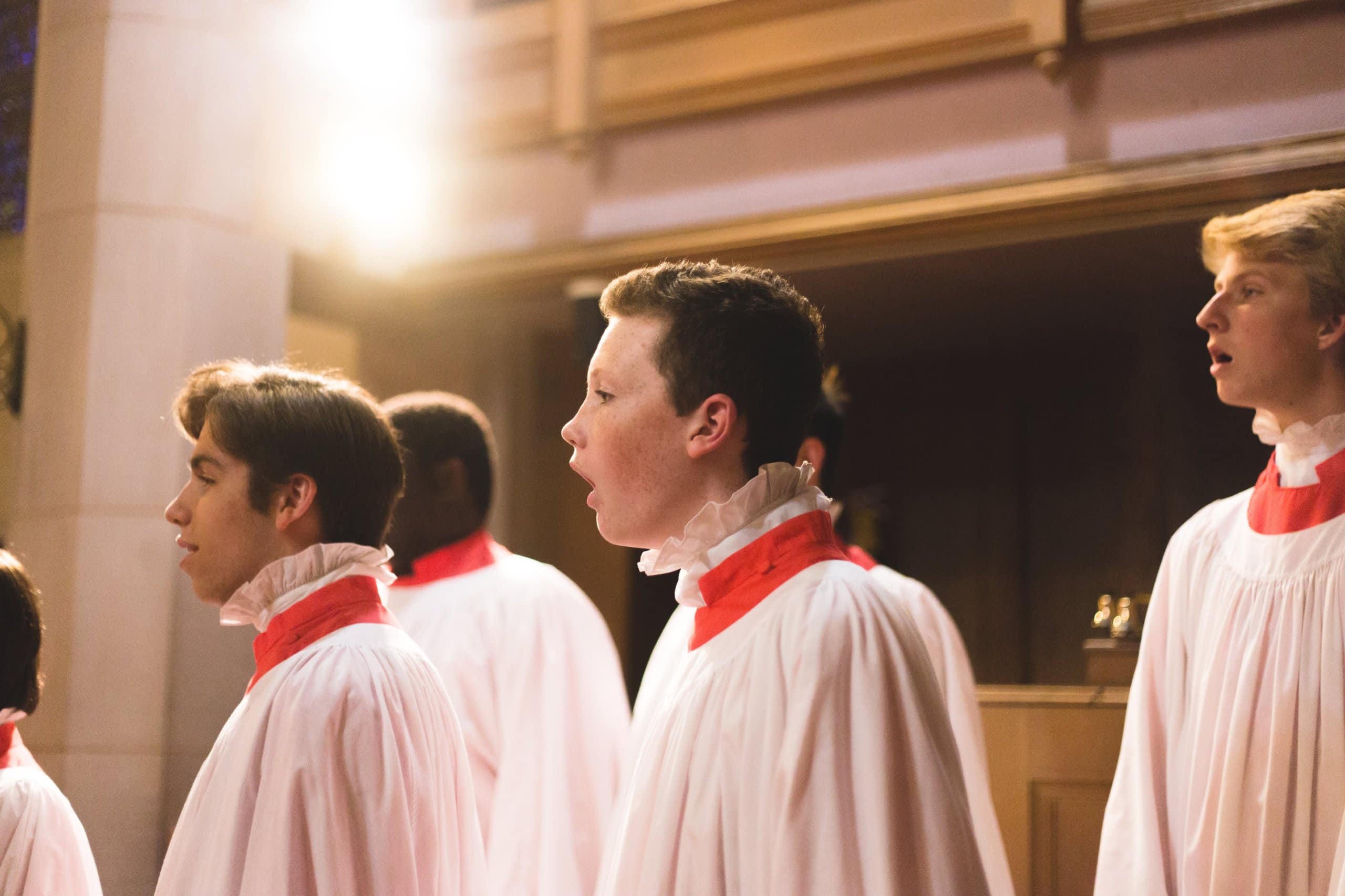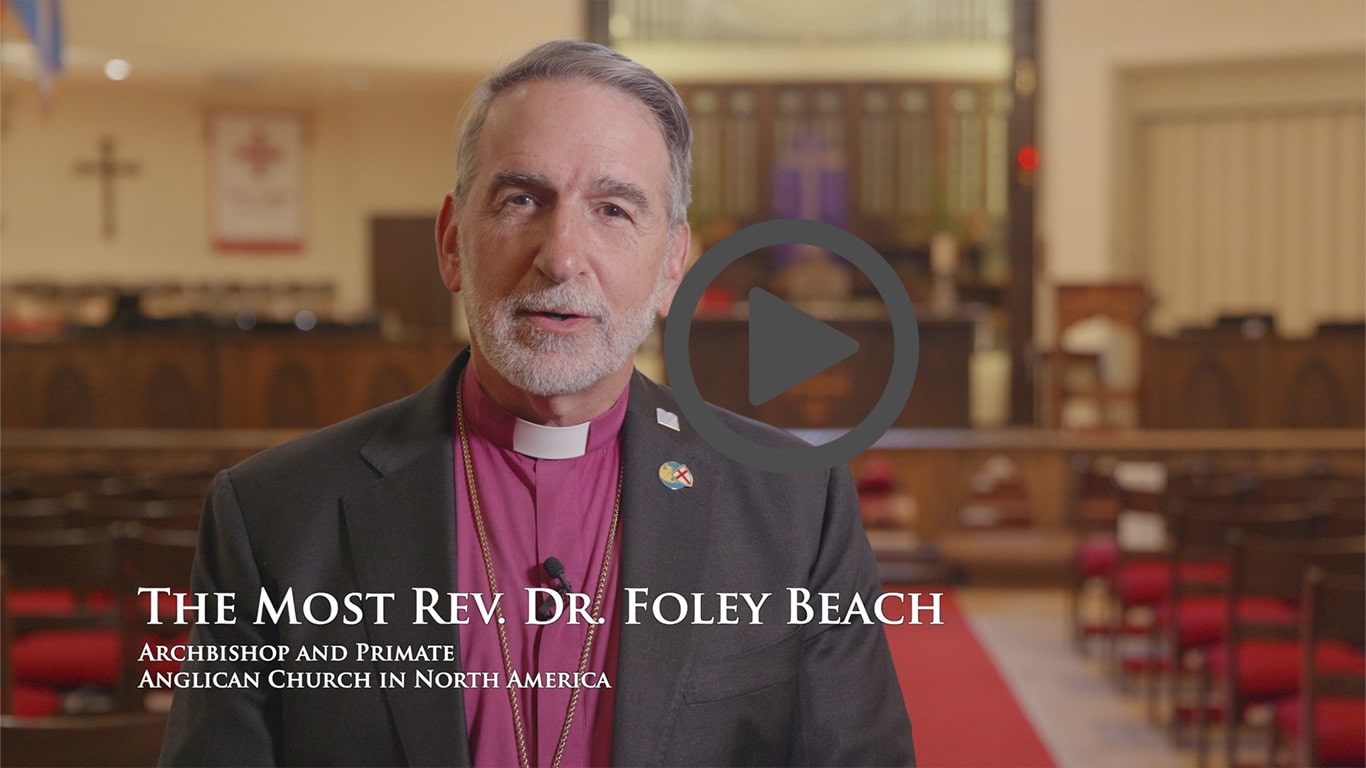September 27, 2012
The call to “make disciples” has been sorely neglected in mainline denominations over the last several decades, and Christian formation in the 21st century represents a challenge to clergy and families alike. The Anglican Church in North America’s Catechesis Task Force is committed to equipping clergy, congregations and families in the Province to meet this challenge. After a four-year process, the group is putting final touches on a draft Catechism and will present the 300-Question and Answer portion to the College of Bishops later this year so that Bishops can review and then discuss the document at their next meeting in January 2013.
The Task Force has identified a two-prong primary need and strategy for the Catechism, envisioning its use within the church to come alongside parents, intentionally raising children and teens in the Christian faith and also to reach and make disciples of those outside the Church, much like the model of the first century.
“We’re referring to this catechetical process as ‘from the font’ and ‘from the front porch,’” explains the Rev. Dr. Jack Gabig, Chair of the Task Force and Associate Professor of Practical Theology at Nashotah House Theological Seminary. “We are committed to the concept of teaching the basic doctrine and discipline of the faith within our Anglican tradition as a progressive journey for all ages, in all stages of life – to those baptized as infants and to those seeking to understand and embrace faith for the first time.”
Research collected by the Task Force reveals that a strong Catechism would be an invaluable tool for families and congregations. In 2005, an extensive study by sociologist Christian Smith revealed that teenagers are not rebellious against religion but actually believe what their parents believe and practice what is modeled in their home. The average family, however, tends to embrace a significantly watered-down version of religion that has been classified as “Moral Therapeutic Deism.” Smith argues that based on the faith of today’s youth, “the future of Christianity in America could be in jeopardy.”
The Task Force is committed to addressing this crisis through the comprehensive Catechism. The Question and Answer portion covers core beliefs built around the framework of the Creed, which covers belief; the Lord’s Prayer, which addresses devotion; and the Ten Commandments, which covers the discipline necessary to “belonging.” Though building on the foundation of Thomas Cranmer’s Catechism in the 1662 Book of Common Prayer, this version has been expanded to train multiple generations and to cover more adequately the needs of our 21st century North American context.
“The Catechism doesn’t simply offer information,” notes Bronwyn Short, Task Force member. “The focus is transformation – changing everything about your life.”
According to the Rev. Lee Nelson, Task Force member and Rector of St John the Evangelist Church, Stockton, CA, the challenge in reaching those “on the front porch” is to retain fully the Christian faith without compromise while making sense to people totally outside that faith and with no foundation of knowledge.
“We want to see individuals new to the faith engage true discipleship,” Dr. Gabig says, “because life in post-Modern North America needs a course correction. The idea is to see faith, hope and love along with right belief, right worship and right living emerge both individually and corporately,” he adds. “This kind of holy living becomes a signpost in the world.”
The Task Force has worked diligently to fulfill Archbishop Robert Duncan’s charge to “write a Catechism so appealing that people will want to use it.” Bronwyn Short suggests that “the most important work is still to happen.” Once the Catechism is finalized and approved for use in the Anglican Church in North America, the Task Force will turn its attention from the “what it will teach” to the “how it will be used” question, developing portfolios of curricula for multi-generational use in congregations and church plants across the Province.
Defining our words:
The Catechism is an instrument for instruction containing the content of the Faith, as revealed in Scripture.
Catechesis is the education and formation of Christians from before baptism through the end of life.
The Catechumenate is the operational framework and process within which the work of catechesis takes place.
A Catechumen is an individual member of the Catechumenate, typically one preparing for Holy Baptism and/or Confirmation.






